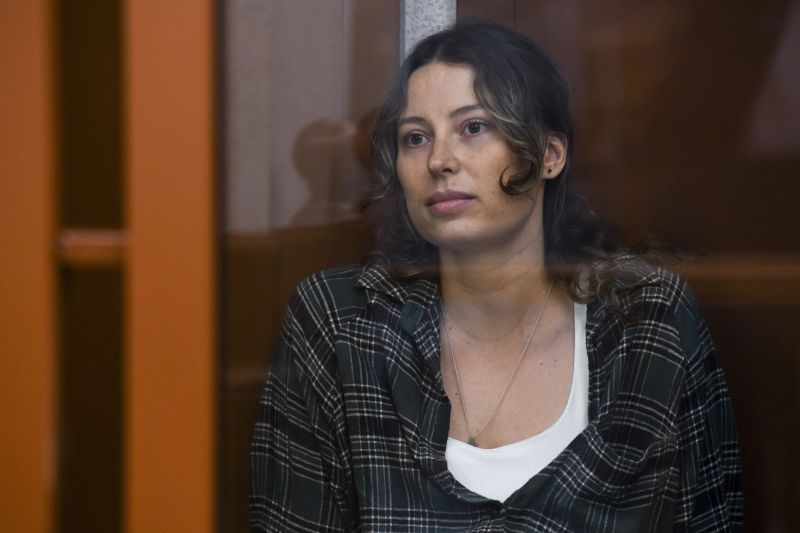The Russian court system, infamous for its opacity and politicized nature, has again made headlines with a recent case encapsulating a blend of international politics and domestic policy. The case revolves around dual Russian-American citizen, Yuri Zherebenkov, whom the court has sentenced to 12 years in prison on charges of treason. The offence that led to this damning conviction was a mere contribution of $50 to a non-profit organization, highlighting the deep-seated tension between Russian authorities and non-governmental organizations (NGOs).
Yuri Zherebenkov’s life turned upside down when he decided to donate $50 to an American charitable organization. However, subtler underlying aspects of his case bring to light the precarious state of affairs that has become characteristic of Russian domestic politics and its judicial system.
Intertwining threads of suspicion and international politics woven together define the charges of treason against Zherebenkov. The recipient of Zherebenkov’s donation, the American non-profit group, works to absolve wrongful criminal convictions. Some sources suggest that the Russian state looks warily at this sort of organization, considering them to be conduits of American influence — a tool for political subversion. This viewpoint is opposing to the western perspective, where NGOs are often seen as safeguards of democracy and human rights.
Zherebenkov’s donation was innocuous in his girlfriend’s eyes, as she confirms that his interest was purely in the project’s mission of righting judicial wrongs. However, Russian authorities viewed this gesture differently. Zherebenkov was arrested and charged under Article 275 of the Russian Criminal Code, which stipulates a serious felony for provision of assistance to a foreign state, or international organization, that is detrimental to Russia’s security.
The case against Zherebenkov was marred by egregious procedural issues. Zherebenkov’s lawyer, Ivan Pavlov, reputed for taking on high-profile treason cases, criticised the trial for its lack of transparency. The entire trial was held behind closed doors, with Pavlov claiming the authorities violated Zherebenkov’s rights by failing to provide him with sufficient interpreters or the necessary documents for his defence.
Furthermore, the prosecution’s case hinged on a highly debatable interpretation of the Russian Criminal Code. The fact that a $50 donation to a charity was interpreted as an act that ‘harms the security of the Russian state’ raises serious questions about the breadth and vagueness of Russia’s treason laws. Many outside observers and human rights activists argue this ethos presents a chilling effect on civil society, dissuading Russian citizens from engaging in philanthropy and larger discussions of democracy and human rights.
The verdict against Zherebenkov symbolises the tensions and misunderstandings that continue to embroil both Russian and international politics. It elucidates not just the fate of one man, but also brings into focus the contentious relation between the Russian state and non-profits. Moreover, it underlines the broader crackdown on dissent and foreign influence perceived by Russian authorities, which has significant implications for Russian citizens and their engagement with civil society.
In sum, the case of Yuri Zherebenkov paints a complex and grim portrait of Russia’s judiciary system and policy towards international non-profit organisations. The severity of the punishment meted out for a seemingly benign act is indicative of the broader trend towards tightening laws and constraining citizen freedoms in the country. It is vital that the international community takes note and seeks to safeguard basic human rights, even as they respect the sovereignty of the Russian state.




